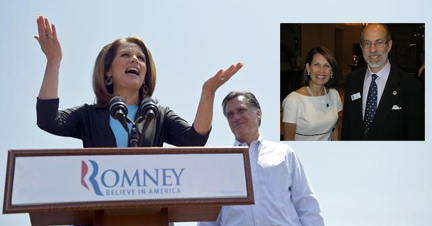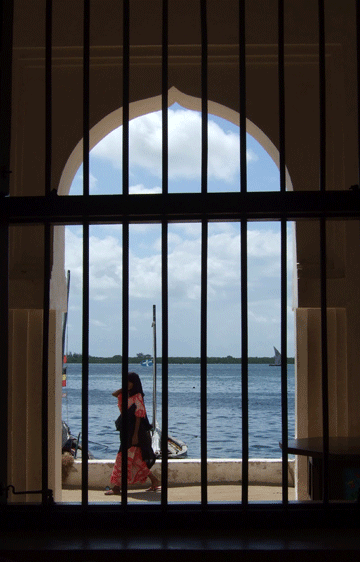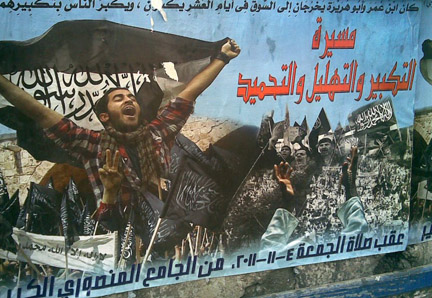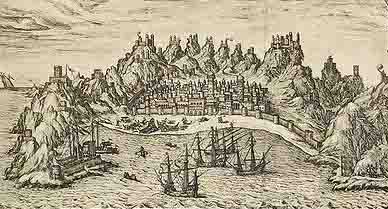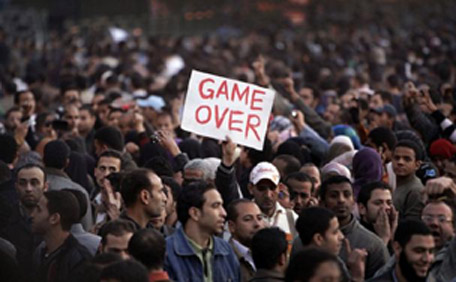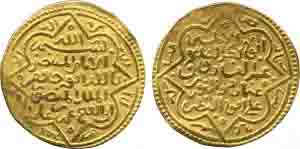
Gold dinar of the Rasulid sultan al-Malik al-Mansur ‘Umar b. ‘Ali
Sailing Seasons in the Red Sea and Indian Ocean:
The View from Rasulid (13th-14th Centuries) Aden
by Daniel Martin Varisco
[This is a lecture presented at the Red Sea Trade and Travel Study Day of the Society for Arabian Studies at the British Museum, October 5, 2002, and subsequently published in Yemen Update. For Part 1, click here; for Part 2, click here; for Part 3, click here.]
Monday, 19 Sha‘ban, 691 (August 5, 1292)
Most travelers that I know complain of the lack of fresh water here in Aden, but I think the more serious omission is basic intelligence. Perhaps the unbearable heat drains their brains as well as their bowels. Instead of unloading our ship on the third day, we were kept waiting a full extra day before finally being allowed into customs. One would think their interest in picking our pockets would speed up rather than prolong this unpleasant process. I was under orders to take the gift directly to the sultan, and I am half tempted to write a letter immediately to the master of this land and apprise him of the inattention that seems to plague his servants in the port. After all, I represent the Karimi, not some cheap junk from Serendib! Continue reading Travels with Ibn al-Mujabbir #4
